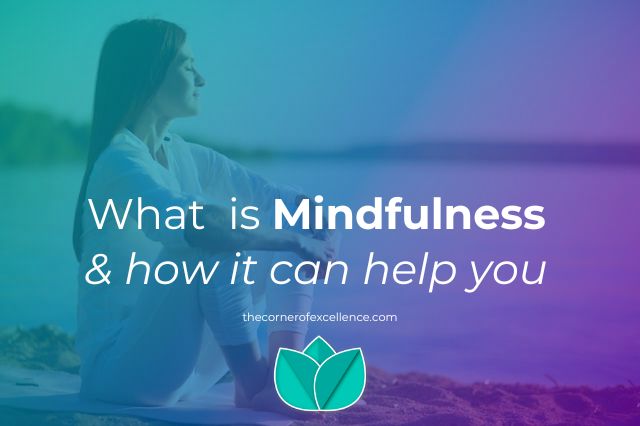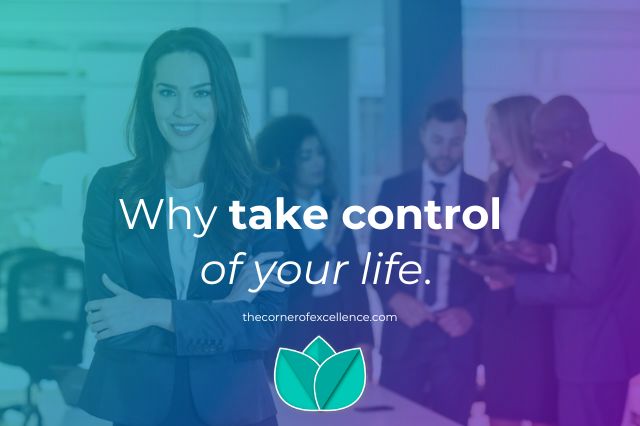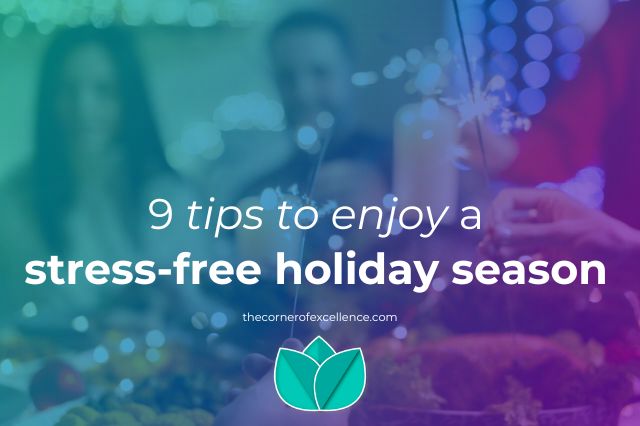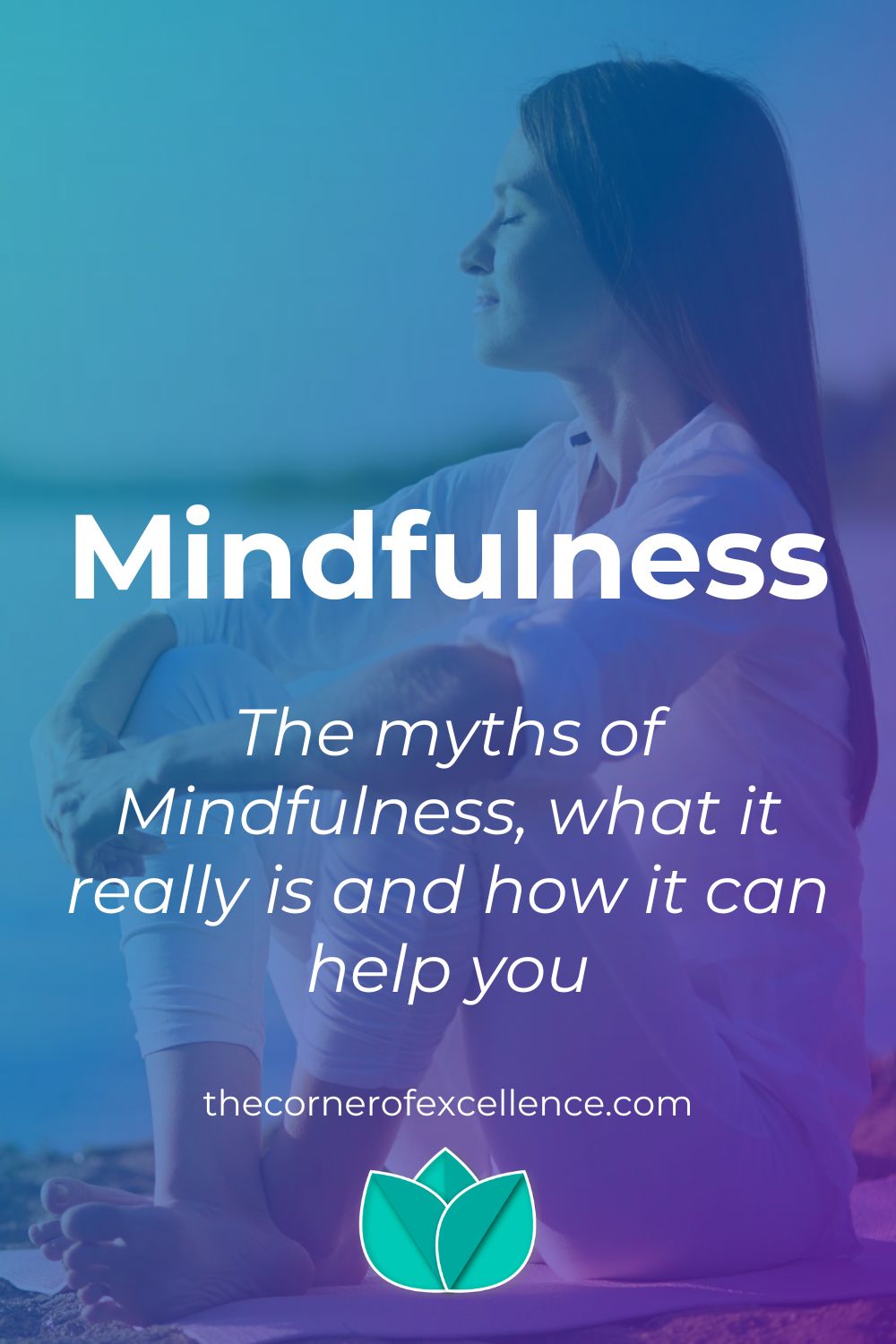
Mindfulness is one the buzzwords of the moment. There are quite some articles and posts on the issue and more and more workshops and courses being offered. As I have recommended Mindfulness in several posts already, let’s see what it is about, what the benefits are and what I have learned practicing it. Also, I will comment on some related myths that might have made you doubtful about whether it is for you.
The history of Mindfulness
The concept of Mindfulness has its origin around 2500 years ago in the Buddhist teaching of Siddharta Gautama. We could say that it is the occidental adaptation of ancient Buddha teaching and the Vipassana movement of becoming aware of the present moment.
Now the concept might seem recent in the occidental world. But clinical psychology and psychiatry have been developing therapeutic techniques based on Mindfulness since the 1970s to treat depression, addictions and stress. As a matter of fact, Jon Kabat-Zinn is one of the international references for Mindfulness for having combined zen, yoga and Buddhist teaching with occidental science to create the “Mindfulness-based Stress Reduction” programme. As well he founded the Stress Reduction Clinic and the Center for Mindfulness in Medicine at the University of Massachusetts Medical School.
But even before Jon Kabat-Zinn introduced Mindfulness into medicine, Vietnamese monk and Zen Master Thích Nhat Hanh founded the Order of Interbeing in 1966 in France, teaching the Five Trainings of Mindfulness. He has published over 100 books and dedicated his life to peace activism, giving conferences and sharing his Buddhist and Mindfulness teachings.
What is Mindfulness
Jon Kabat-Zinn said that “Mindfulness means paying attention in a particular way; on purpose, in the present moment, and nonjudgmentally.” It is about paying attention to thoughts, emotions, body sensations and the environment consciously, with interest, without making judgments, but with acceptance.
The tendency to ruminate about past and future
The important thing about the concept of Mindfulness is to become aware and pay attention to the present moment. But we tend to brood over the past and the future. About things that have happened to us and things that could or not happen in the future. And precisely this is what turns into a common source of stress.
It could be bad memories and a bad conscience about something that happened in the past or could have occurred but did not. Or we might make a mountain out of a molehill about things we are afraid of or worried about. However, these things actually have not happened yet, maybe never will or might occur in a different way than we imagined.
The good and bad about the autopilot
Additionally our mind has the wonderful ability to screen the thousands of stimuli it receives every day and to automatise and internalise certain actions. Just imagine the action of going down the stairs. Have you ever become aware of what you were doing and almost stumbled? This is because for our body it is like letting itself fall down. Yet our brain has learned to coordinate our body parts so that we go down step by step, preventing us from falling downstairs.
But have you ever stepped out of your car, locked the doors and walked away, just to suddenly ask yourself whether you had actually locked it? Now this is the not so good part of our brain’s automatisation, what we usually call autopilot. Because it may lead us to go through life like robots, thus missing out on the present moment. So, the day might pass in a blur and we almost do not remember all we have done, but are exhausted. This happens because, when leaving the autopilot to guide us, we disconnect the mind from the body.
The benefits of Mindfulness
Mindfulness teaches us techniques which help to bring our minds to the present, connecting ourselves with the sensations of our body. And our body cannot be in the past or future, but only in the current moment. That way we learn to live more consciously. Which will also lead us to appreciating more the little things in life and everything that happens to us and around us.
You will have heard already how beneficial Mindfulness is for relieving stress. That is because the different techniques and tools teach you self-control and patience, acceptance and resilience, even gratitude. As well, they improve your ability to concentrate, your self-awareness and self-knowledge. This better knowledge of ourselves combined with acceptance and patience will also be propitious for our interpersonal relations. Likewise Mindfulness can improve creativity, because a calm mind may more easily generate new ideas.
What I have learned about Mindfulness
So, let me tell you how I discovered Mindfulness and how it has helped me. I had read articles and posts on the internet on the subject which had aroused my curiosity. So when I heard about a free workshop on Mindfulness, I signed up to find out more. The teacher explained the concept and demonstrated it with practical exercises. What he told us really resonated with me and opened my eyes.
In this type of teaching, I think it is important that the teacher inspires trust and sympathy. So, as he gave me a good feeling, I signed up for an eight-weeks course. I am grateful for having hurled myself into it. Because it has helped me above all to be more patient and that certain potentially stressful situations rile me up less.
Now, I have to admit to a tendency to stress due to powerlessness. Meaning I get stressed for example due to work I have to await from others or when something is not done the way I would. And well, I have to say that I deal with it much better now. By the way, some of the techniques help me relieve back tension after a day in front of the computer.
How fast will I notice the effects?
If you are asking this question, the answer is both quickly and slowly. It is not like getting a shot of a miraculous vaccine. Although you will notice some positive effects pretty quickly, the real benefit lies in persevering with the practice. Thus, if you are thinking about doing a course, keep in mind that the story does not end when classes finish. Rather it begins, as it is about acquiring new beneficial and healthy habits, incorporating them to your daily routine and keeping them up in the long run. It is assumed that it takes one to two months to incorporate a new habit into our lives. Hence, a several weeks long course will help you do that little by little.
Recommendations to start the practice of Mindfulness
In the Western world, we have learned to be constantly doing things and that our value is defined by our achievements. But Mindfulness teaches you that the simple fact of being alive and breathing means we are valid and valuable. You will learn to enjoy simply being without doing anything but breathing.
When we start to practice and experiment the new sensations of meditation and other techniques, our mind will inevitably wander and bombard us with messages: “How difficult is this!” “This is tiring.” “How much longer do I have to endure this?” “My nose is itchy and I want to scratch it.” “My back is aching.” and a long list of excuses. Or maybe our mind will remind us of things we should be doing, things we had forgot about or which would be a lot more fun.
That is why it is important that we be patient and kind with ourselves. That we learn to ignore the negative inner dialogue and distractions accepting them but without giving them major importance. Remember Jon Kabat-Zinn’s definition. It is about paying attention to the present moment but without judging, without brooding over things going through your mind. Rather accept these thoughts and let them flow.
Some myths on Mindfulness
Let the mind go blank
Actually Mindfulness and its meditation techniques do not show you to make your mind go blank. In fact, it is practically impossible to stop thinking. On the contrary, it is a matter of learning to pay full attention to thoughts, emotions and body sensations we might experiment; however without judgement but letting them flow through our mind and fade away.
To obtain benefits you have to meditate for at least half an hour
There are recommendations out there saying that you have to practice at least half an hour, if not an hour a day. Now this may give us the perfect excuse of not having time for this habit in our lives. But actually, starting to practice just five minutes a day, we may already notice positive effects.
In the beginning, I think it is useful to increase the time of practice little by little in order to acquire practice and the habit. But later we will have to figure out the duration that is beneficial and practical for us to include the sessions in our lifestyle and not quit for lack of time.
It is a religion
Although Mindfulness originates from Buddhist teaching, it is neither necessary to believe in this religion nor in mystical or transcendental experiences. The objective is not enlightenment or altered consciousness.
It is a relaxation technique
Despite the fact that relaxation and stress relief are consequences of the Mindfulness practices, it is not the actual objective. The purpose is to learn to be present in the current moment we live; to experiment it with more awareness, acceptance and without judgment and prejudice.
Maybe you have heard about other possible myths. But I just wanted to mention a few that might cause reluctance toward the Mindfulness practice.
Are you ready to practice Mindfulness?
As you can see, Mindfulness has multiple benefits. Also, it does not take a lot of time in order for you to notice positive effects in your life. In another post we will look into the tools and techniques for practice.
Meanwhile, I would love to know whether you practice Mindfulness and what it brings you. Or are you considering taking up the practice but there is something holding you back? Maybe one of the myths I mentioned and possible myths I did not mention?
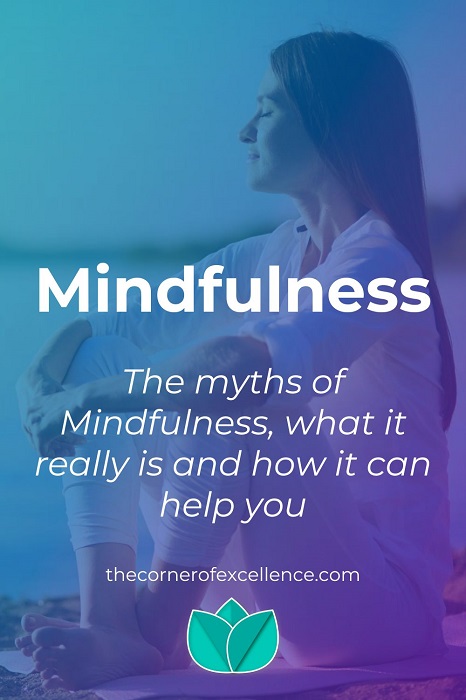
Sharing is caring!

